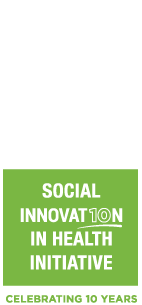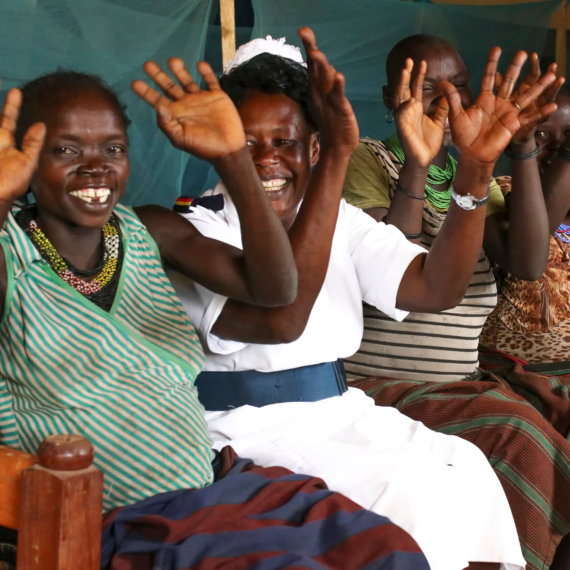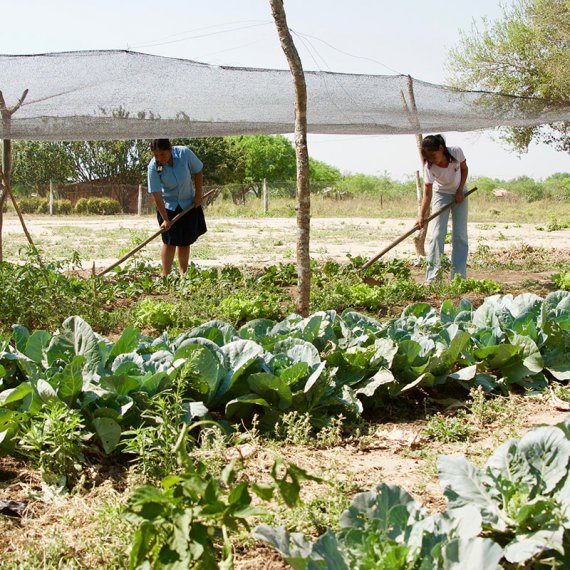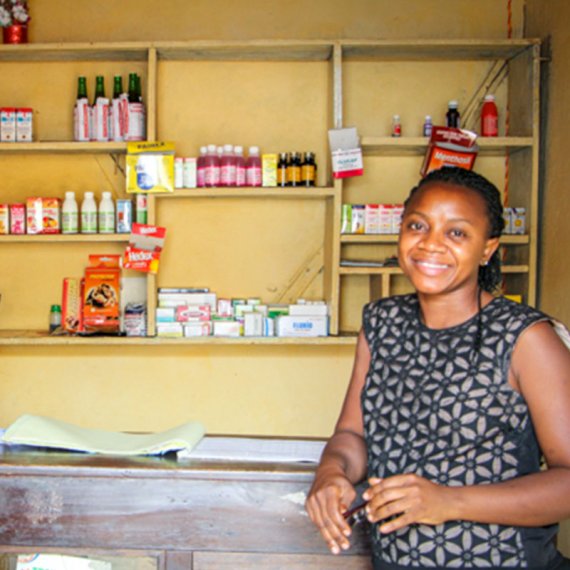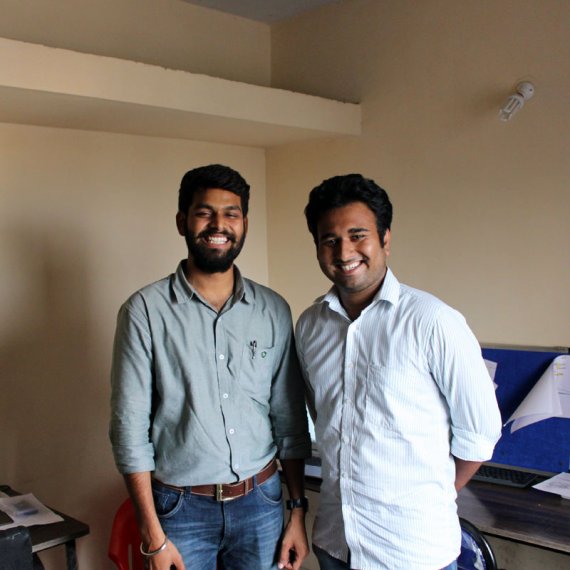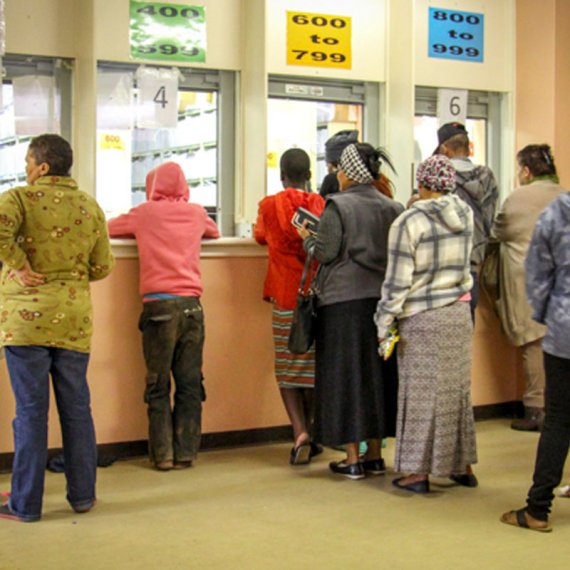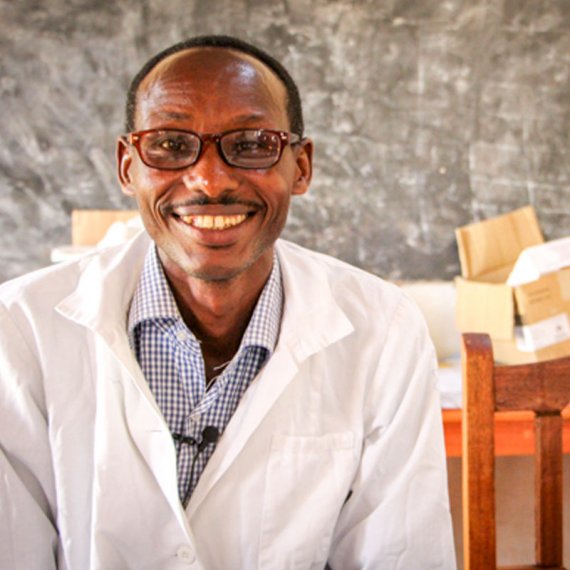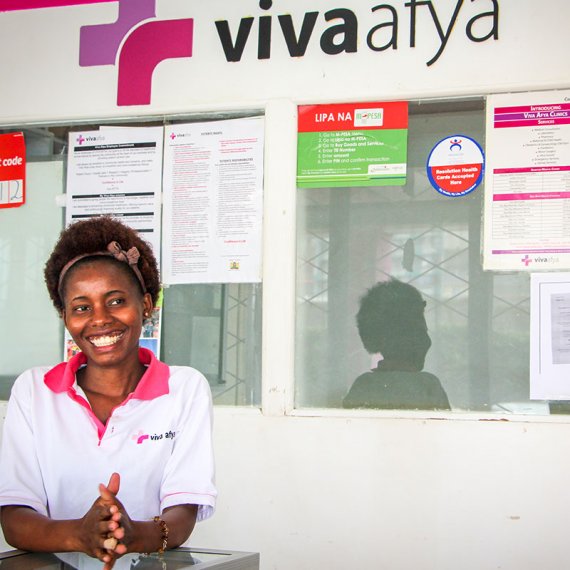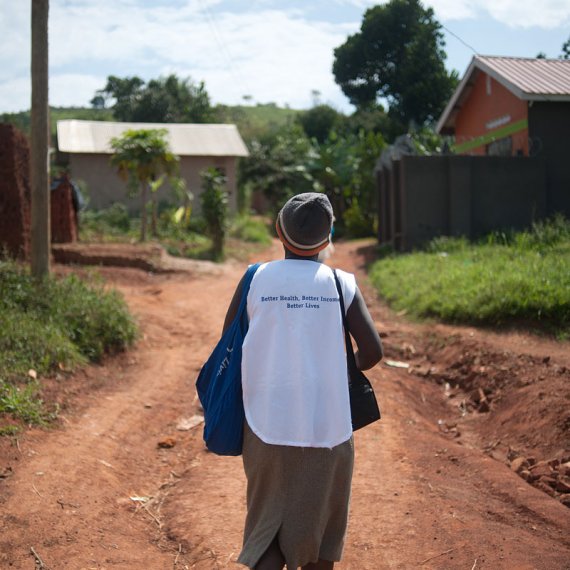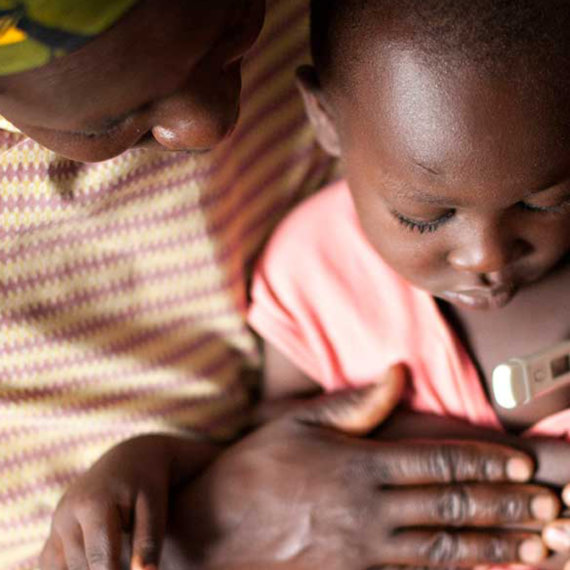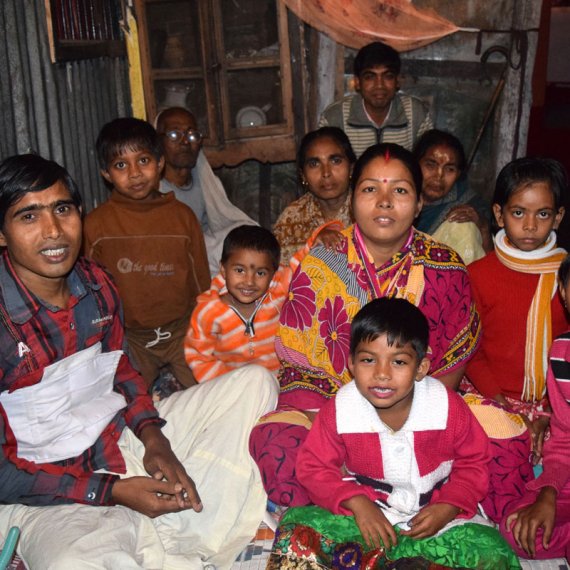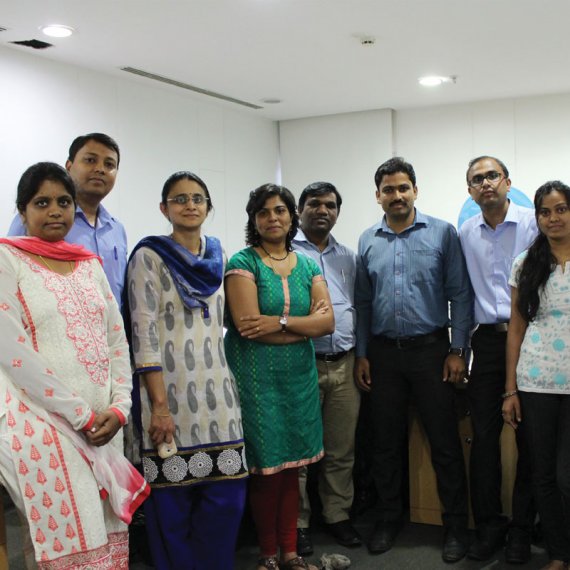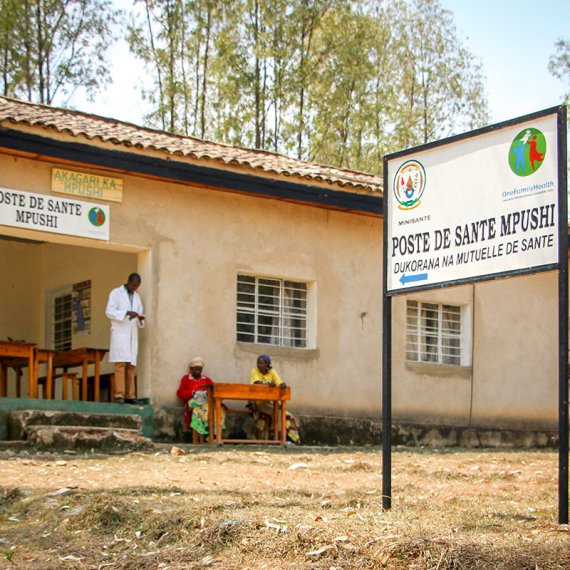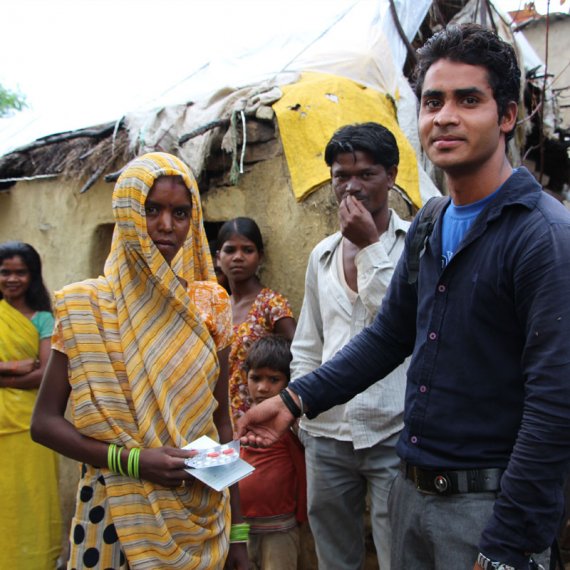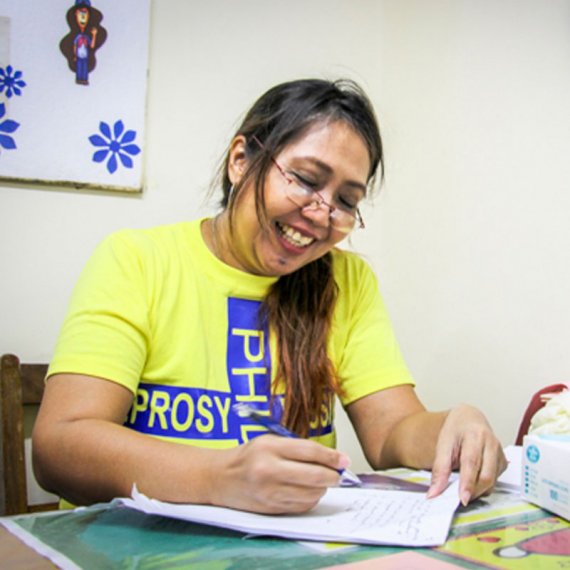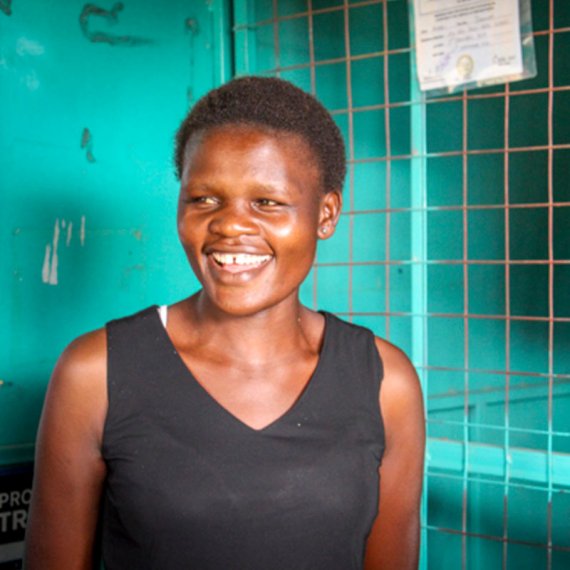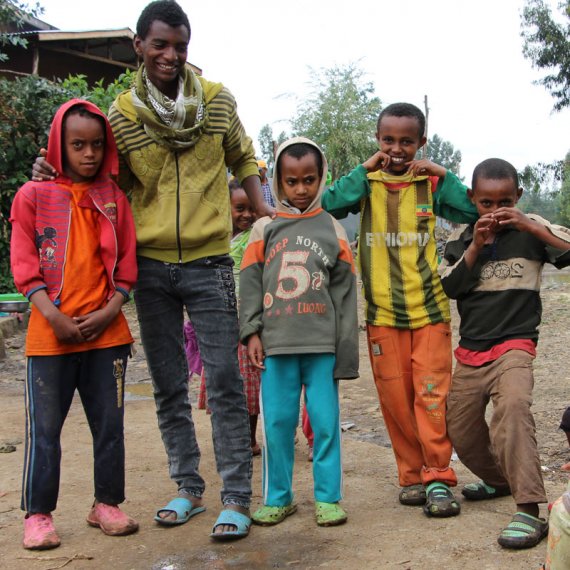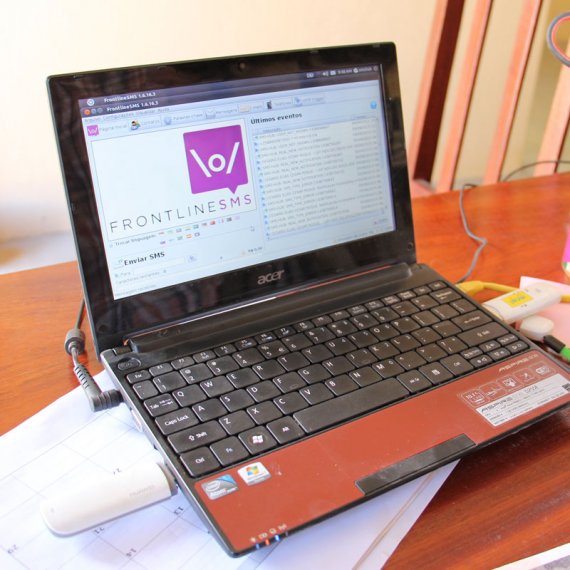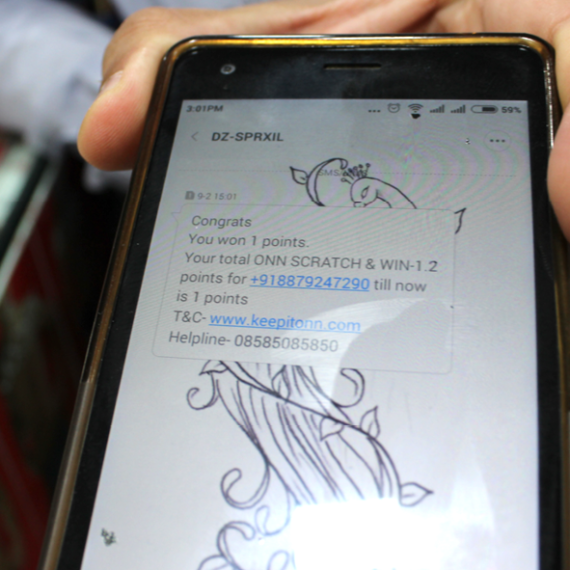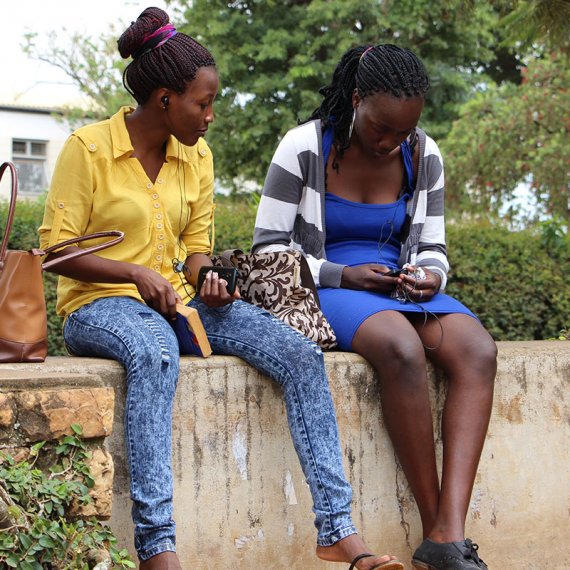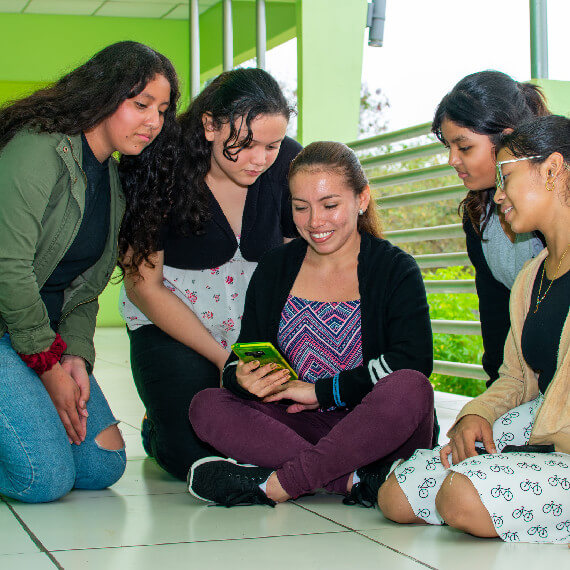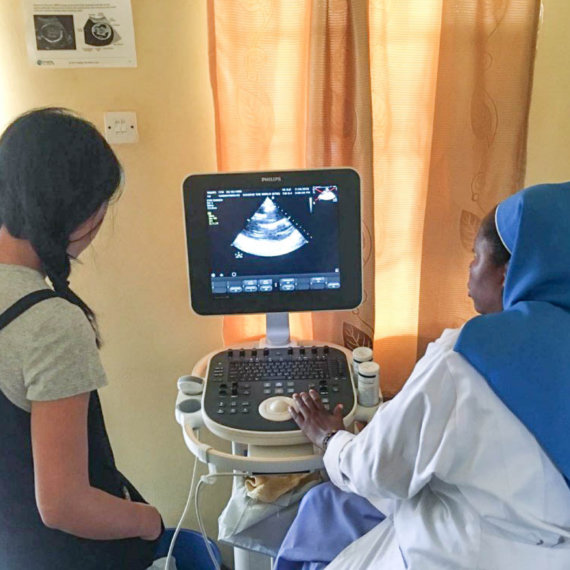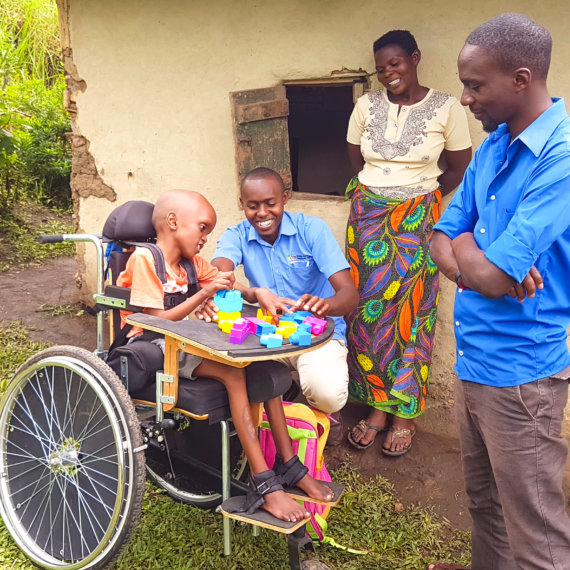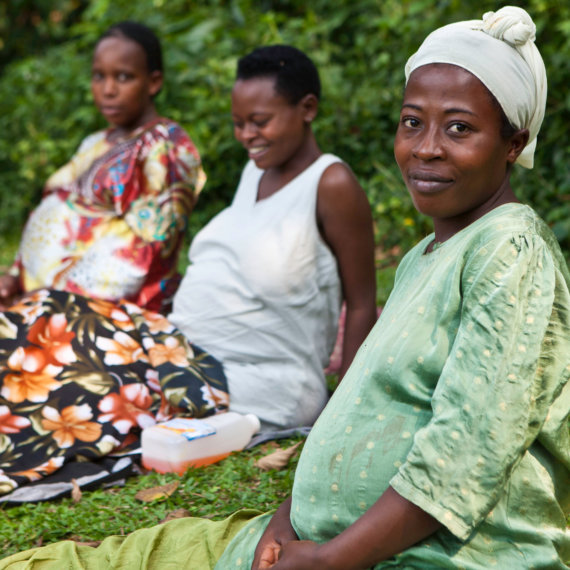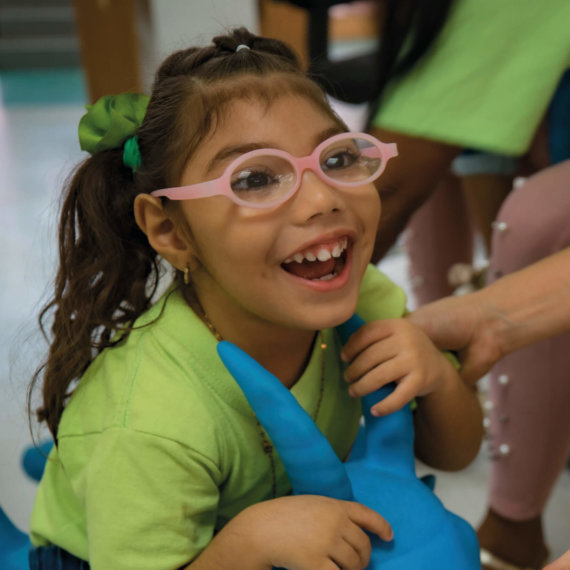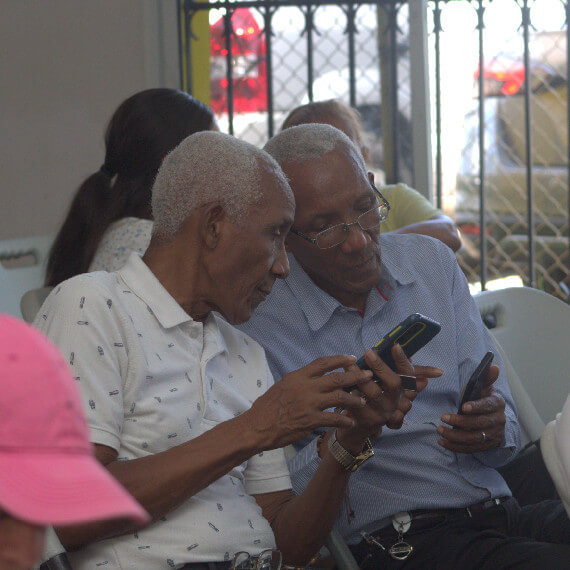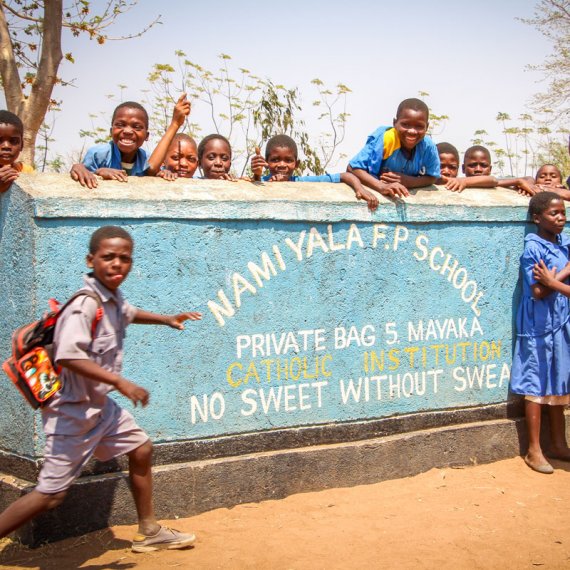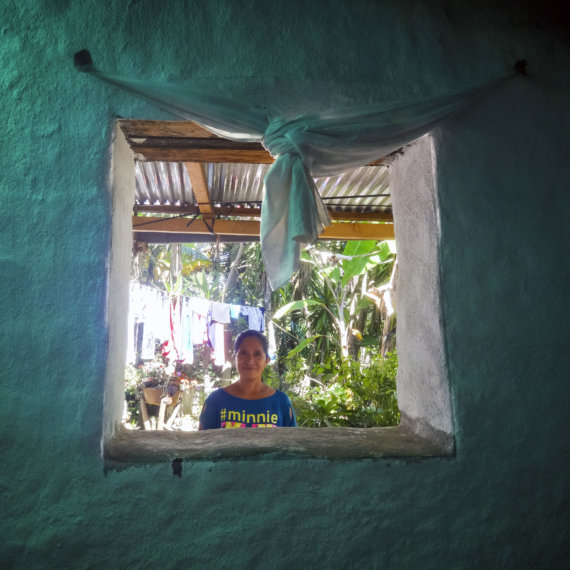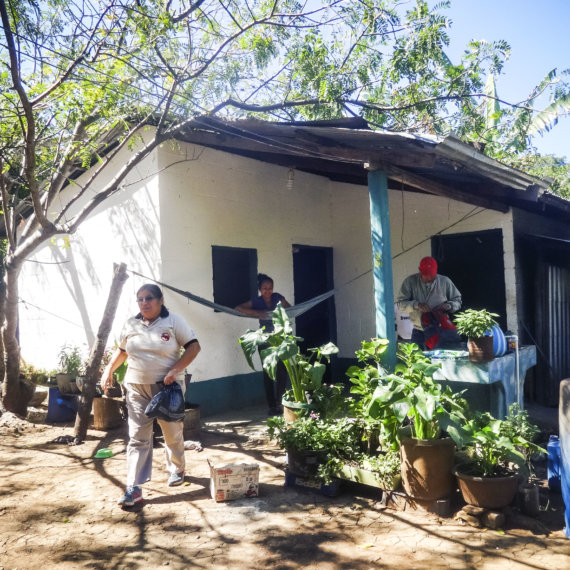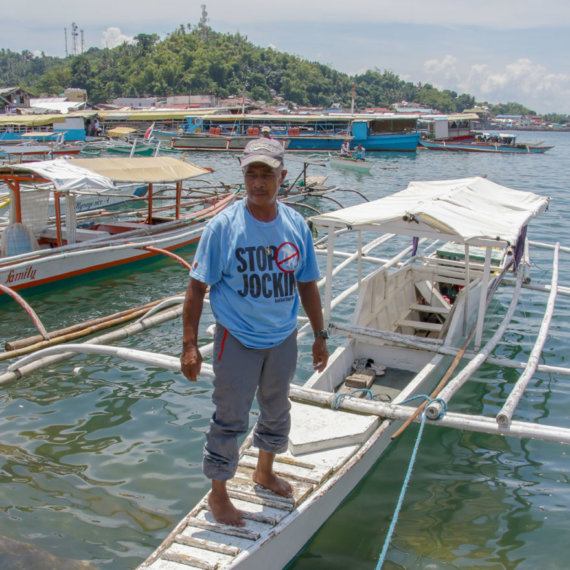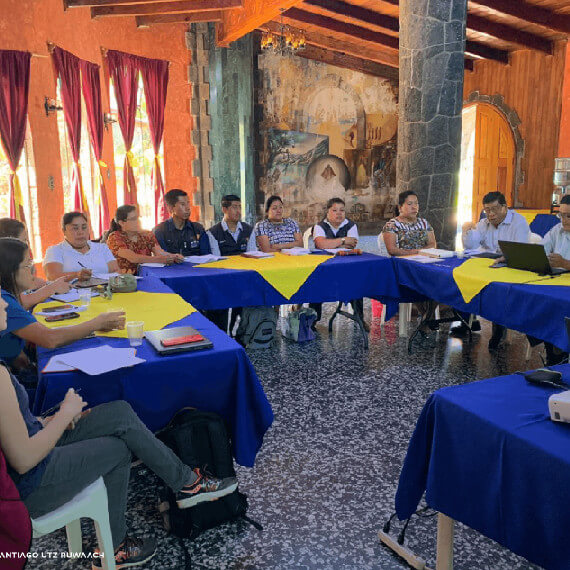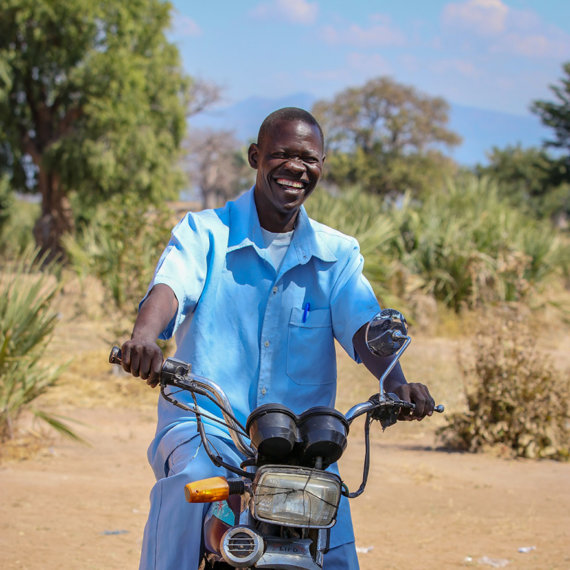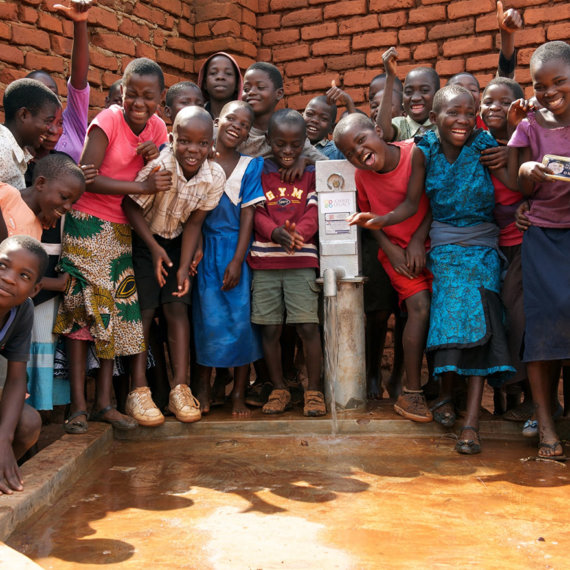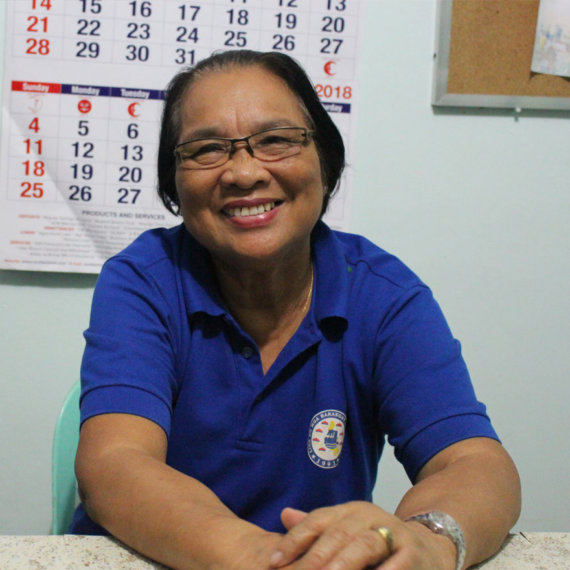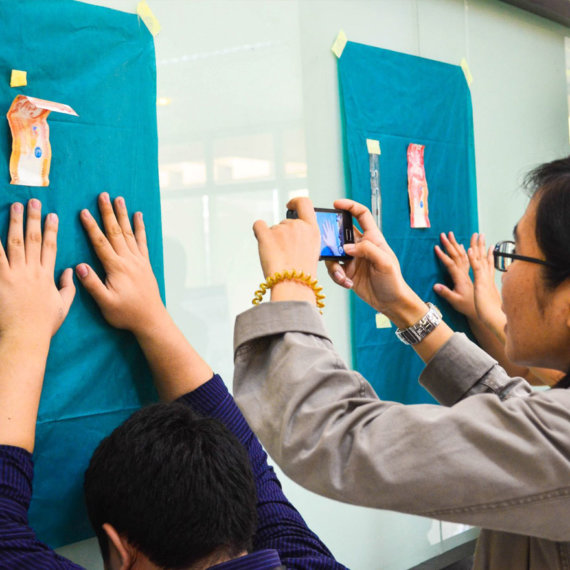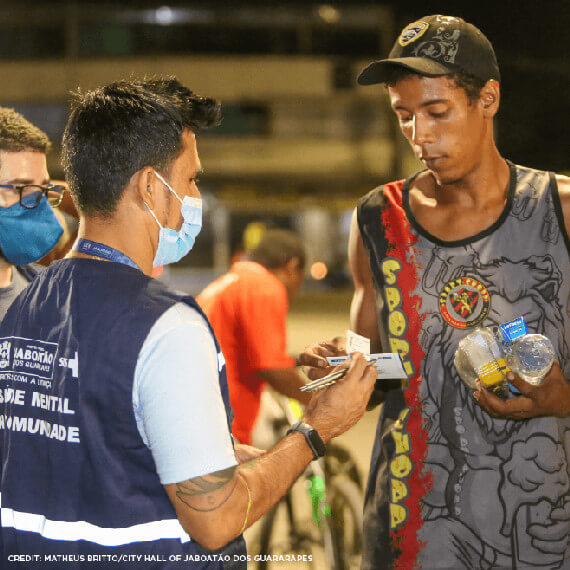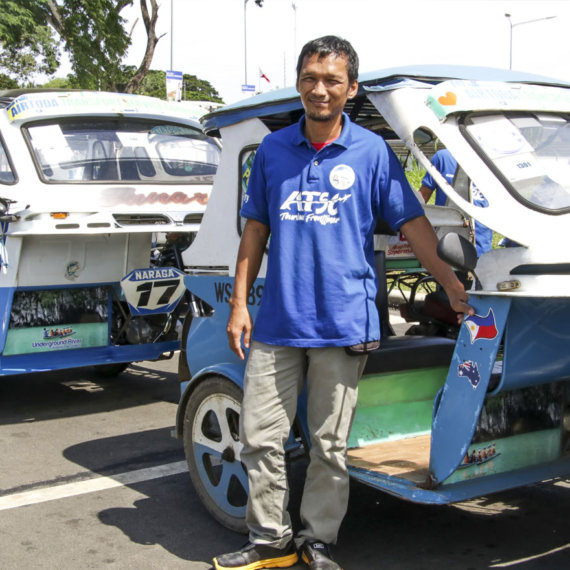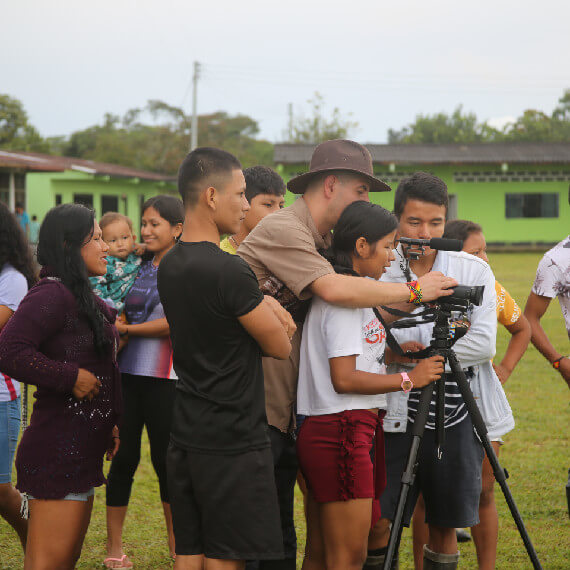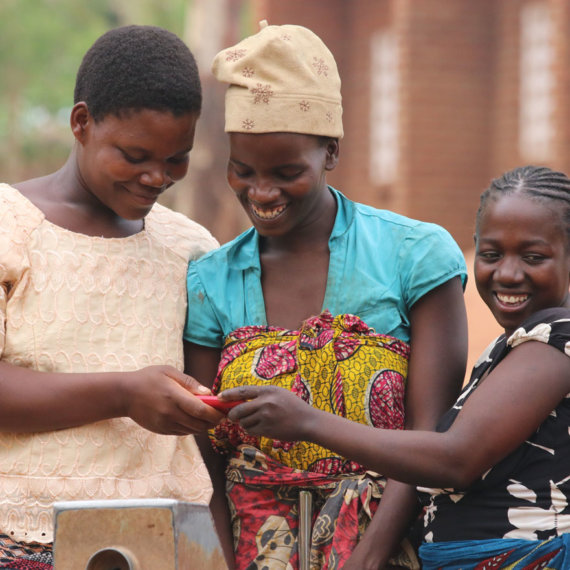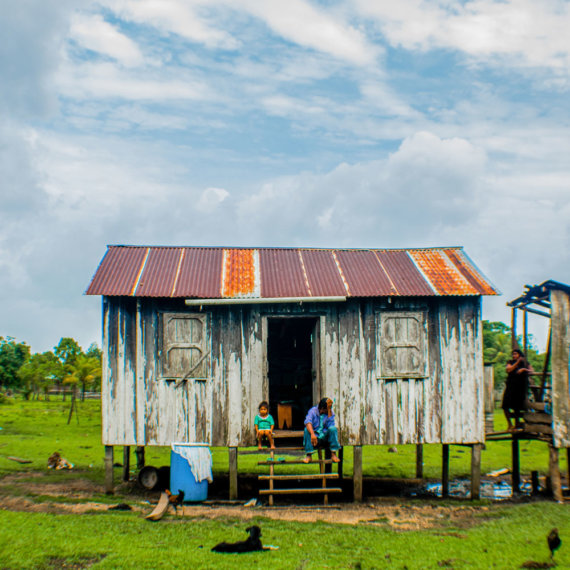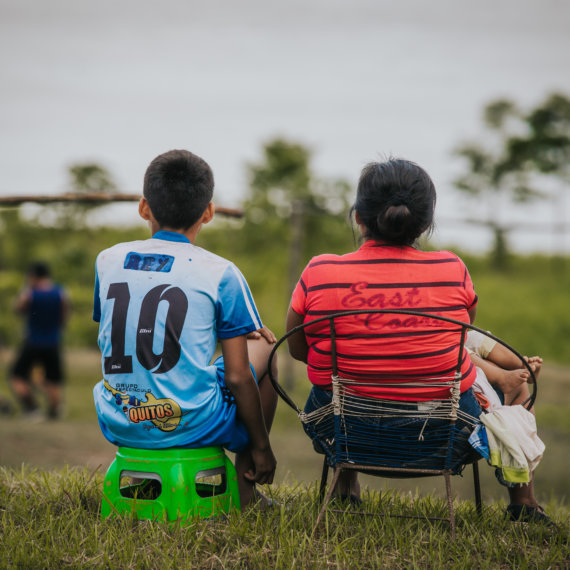Chipatala Cha Pa Foni: Health Centre by Phone
Chipatala Cha Pa Foni (CCPF) is a toll-free health hotline that provides reliable health information and referrals on demand.
CONTINENT
AFRICA
Country
MALAWI
Location
Malawi, Launched in Balaka district and currently covers nine districts in the country
Founding year
2011
Organizational structure
Partnership
Health focus
Maternal and Child Health
Actors Involved
Non-State, Other Sectors
Programme Focus
Service Delivery, Technology
Health System Function
Information
CHALLENGE
Malawi has one of the highest rates of maternal, child, and infant mortality in Africa and the world. A woman living in Malawi has a 1 in 34 chance of dying during childbirth, according to a World Bank study in 2014. Child mortality rates are significantly high at 71 per 1,000 live births, according to UNICEF in 2012. In addition, UNDP reports that Malawi’s maternal mortality rate is 675 deaths per 100,000 live births, one of the highest in the world. Especially in remote rural areas, pregnant women and mothers face the challenge of lack of access to quality maternal and child health care due to distance from health facilities and having insufficient trained health workers serving the population. There are also myths and misinformation that affect where and when they seek health care.
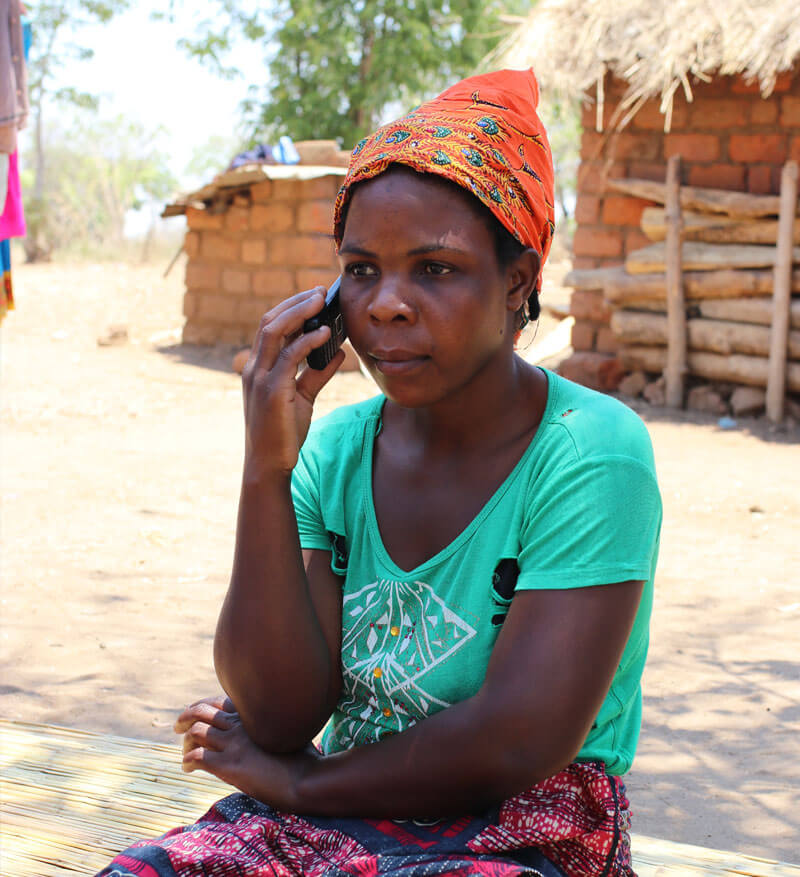
“When I submitted my idea, I believed that it would save lives and improve access to health care. People get discouraged to go to hospitals because of the type of care that they expect to get and when you add the misinformation going around, a lot of myths going around that lead to a lot of deaths in infants. I believe technology can help bridge that.”
– Suyapi Mumba, Social Innovator
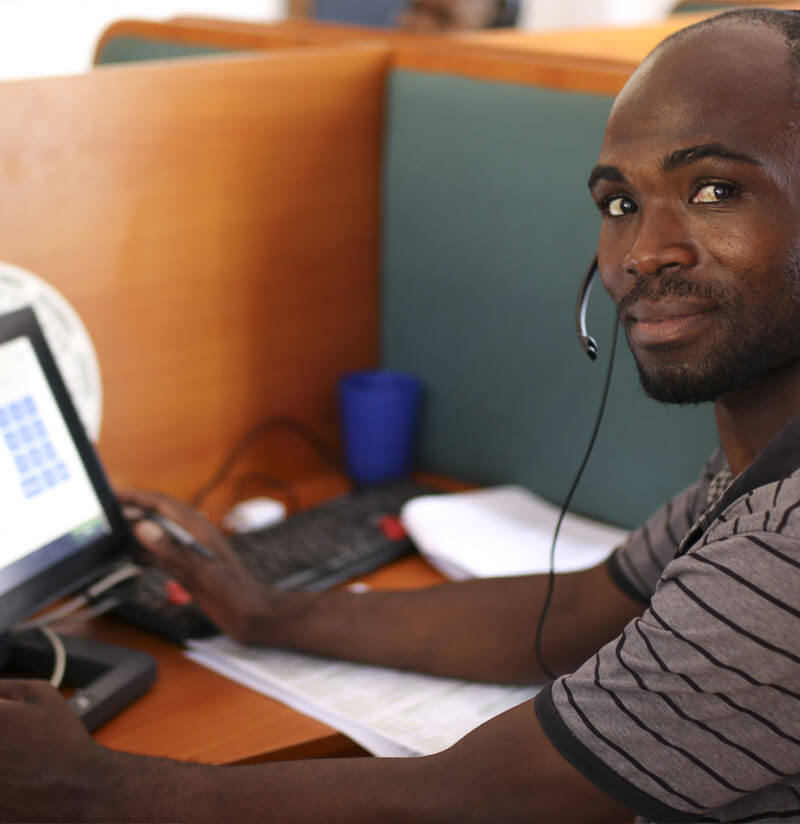
INTERVENTION
CCPF is an mHealth facility that gives rural residents access to expert health care through its two main components. First, its toll-free hotline connects callers to trained health staff who respond to all general health inquiries in accordance with the Ministry of Health and Population guidelines. Some of the health issues tackled during calls are nutrition, maternal and child health, and sexual and reproductive health. When further care is needed, callers are referred to nearby health facilities. CCPF’s hotline service is available from 7 a.m. to 7 p.m. seven days a week, including holidays.
The second component is an opt-in text and voice messaging system where pregnant women, caretakers of children under one-year old, and women of childbearing age receive maternal and child health information and advice that is tailored according to their pregnancy timeline or child’s age. CCPF also makes use of an interactive voice response system that allows users to retrieve messages on demand.
“For me as chief, it is very a good initiative to have a healthy community rather than to have a community with a lot of sick people that cannot develop. With the coming of the CCPF, we haven’t had maternal deaths or neonatal deaths in this area.”
– Mac Julio Kwataine Masino, Senior Chief, Traditional Authority Kwataine
Initiated in one district in 2011 in collaboration with the Ministry of Health and Population and Concern Worldwide, CCPF was expanded by non-government organization VillageReach and now operates in nine districts and is accessible to more than five million people.
An independent evaluation conducted by Invest in Knowledge in 2013 found out that CCPF had a significant impact on the maternal, newborn and child health knowledge and behaviour of its users. One of the changes noted among selected CCPF users was their increased knowledge of available maternal health services, including awareness on the number of recommended prenatal visits and what to bring to the health centre for labour and delivery. CCPF also reduced the burden on the rural health facilities and rural health workers by resolving 75% of the calls without referral to a health facility. Over 94% of CCPF users expressed satisfaction with the service because of its accessibility from their homes. With CCPF, rural residents are able to save time and travel costs.
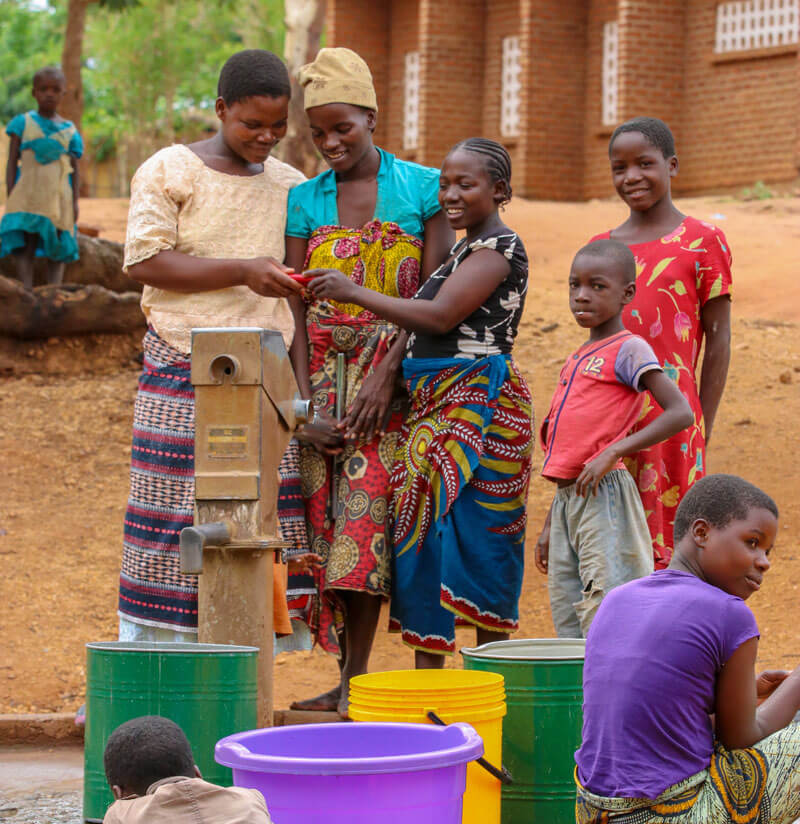
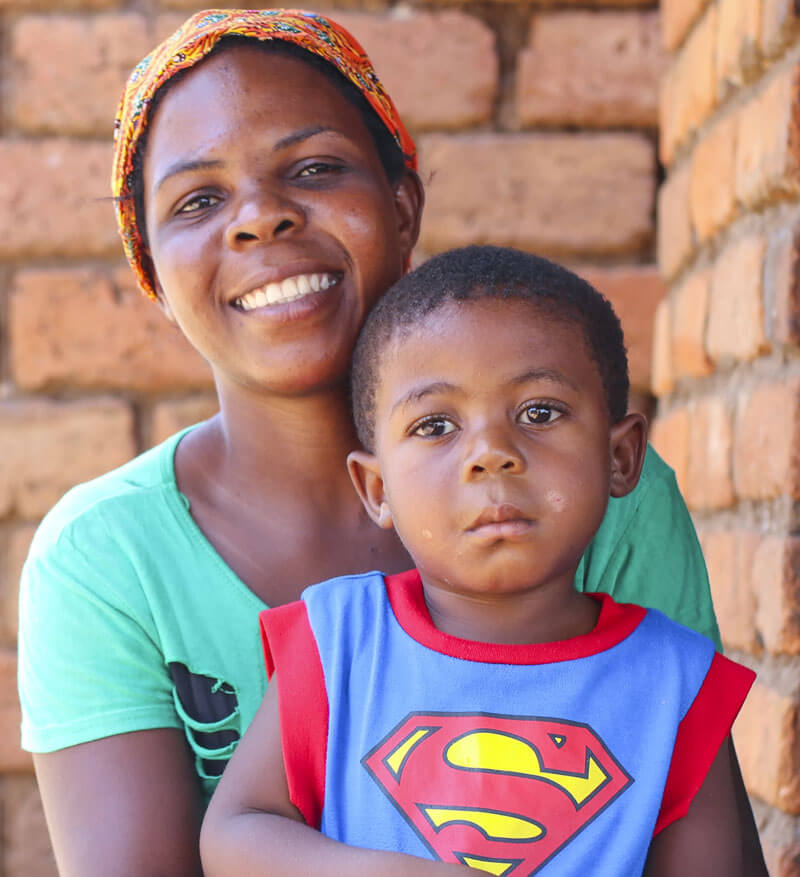
CASE INSIGHTS
Among the key learnings in the implementation of CCPF is finding champions who will help sustain and scale the service. With CCPF’s partnership with Airtel, Africa’s largest mobile carrier, zero-rating of all calls to the hotline was made possible. The Ministry of Health, a partner from the beginning, signed a memorandum of understanding in July 2017 to scale and sustain CCPF, and transition full ownership and management from VillageReach by July 2019. A national scale-up to all 28 districts is seen at the end of 2018.
The promotion of CCPF across multiple channels proved to be effective in the adoption among its users. A team of volunteers were trained to personally introduce CCPF to communities by distributing flyers and using radio ads. As CCPF’s service will continue to expand, regularly gathering user feedback will be key in ensuring that messages stay relevant and are understood by its callers/end users from the communities.
